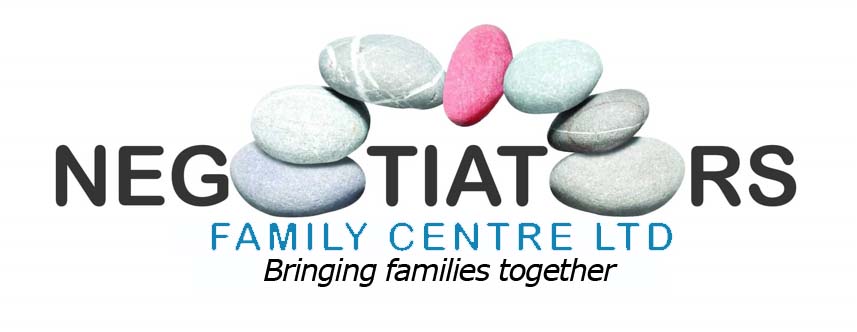
Family Mediation
Mediation is a process in which those involved in family breakdown, whether or not they are a couple or other family members, appoint an impartial third person to assist them to communicate better with one another and reach their own agreed and informed decisions.
We aim to ensure that the clients understand the mediation process, including that it is voluntary and they are free to withdraw or suspend their involvement at any stage.
In the first session the ground rules are set, the parties are introduced to the process (including universal issues), a discussion is begun on the “agreement”. There is an explanation of the legal process involved; methods of note taking and reflection are emphasized. If agreed, a joint session will commence providing there are no conditions that suggest that parties should not meet.
Confrontation is not allowed, but is muted by the mediators and the parties are asked to prepare for session to “focus on the child/ren”.
Mediation is not mandatory and does not have the jurisdictions of the court; therefore the agreements made are not legally binding but are simply a forum to produce a result that is mutually agreed between the clients, with the aim of this being in the best interests of the children.
The main principles of mediation are –
It is voluntary –in other words, you the client are always free to withdraw or suspend mediation at any time, which enables you to have an empowered position within meditation, thus increasing your control in finding a resolution.
All mediators are impartial and objective, independent and maintain neutralism. Our mediators have no personal interest in the outcome of the mediation. This principle supports the client/s to have a sense of trust, so they can share their personal information and believe that they may find a resolution to their problem once entered into mediation.
Our mediators have a client centered approach with good listening skills, and our offices provide a safe environment for individuals to explore their differences. This enables the client to be empowered throughout the mediation process.
Some of the commons questions discussed in Mediation:
- Who the children will live with and how often will the other parent (or other family members) see them
- The interim financial arrangements while the final settlement is agreed.
- Can I stay in the home with the children and if so, where will my spouse or partner live?
- How much maintenance will I have to pay?
- How are we going to deal with our debts?
- How will we divide our assets?
- What is fair!
Things to remember
In addition to saving court time and expense, mediation will provide people with a quicker, cheaper and more harmonious way of dealing with disputes.
“Accurate communication is possible only in a non-punishing situation;
communication occurs only between equals” (Wilson, R. A. (1994).Prometheus Rising.Arizona: Falcon)


